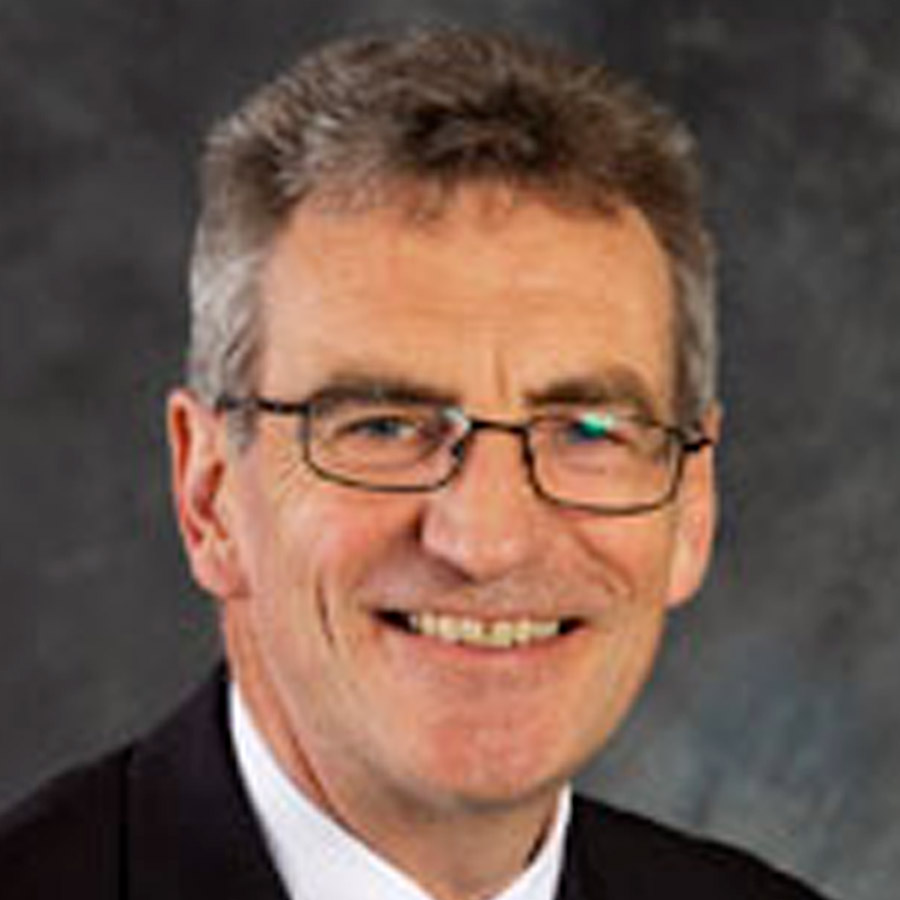
Integrating to improve the health of people in Nottingham and Nottinghamshire

David Pearson, Independent Chair of Nottingham and Nottinghamshire Integrated Care System, talks about the impact working in partnership across health and care is having on the people of Nottingham and Nottinghamshire.
Improving people’s health is at the heart of what integrated care wants to achieve.
Improving the health of people in our area is at the heart of the way we work across health and care in Nottingham and Nottinghamshire. We know that statutory services only affect 20 per cent of people’s health and wellbeing with 80 per cent coming from wider factors, such as housing, employment and the environment.We want to make things better for people in Nottingham and Nottinghamshire, improving not only the length of people’s lives but also the quality of their lives. We’ve focused previously on getting the structures and systems right, wanting to provide the best quality services, but not focusing enough on the outcomes we want to achieve. That is changing.
Through the NHS, local government and other partners working together we’ve been able to show how integration can improve the health of our population, genuinely making a difference to individuals accessing health and care services and to the staff working within our system.
We’ve been sharing information across our system, with 100 per cent of GPs signed up to the GP Repository for Clinical Care, which provides data from health providers and the council, enabling us to understand if we’re putting our resources in the right place. It’s also helping our referral processes: at Sherwood Forest Hospital NHS Trust the health and social care referral process has reduced from 3 days to 32 seconds, benefiting patients and staff.
Less people are dying from strokes in Greater Nottingham. Through the sharing of data to identify people at risk we’ve been able to prevent an estimated 75 strokes and 25 deaths. What better way to demonstrate that integration works.
We want to promote behaviours that maximise the health of our population, giving people greater control over their health through the provision of the services we provide. We’ve increased the number of personalised budgets, with 2,300 people now having personalised budgets letting them live the life they choose and empowering people to take control of their care.
We’ve only been able to achieve this by working together as equal partners. The NHS can’t do population health management without local government. There are significant differences in the way we work but we both want to achieve the same outcomes. In Nottinghamshire we have a shared vision and are committed to achieving the outcomes we’ve jointly agreed. If you start with the outcomes you want to achieve and the contribution you can make it will give you a clear case for working together.
We’ve benefitted from having a history of working together in Nottinghamshire. There was a lot of trust within the system already but there has still been challenges, and there should be. We should be challenging each other but we should also be working to create the conditions in which local systems can succeed.
There are 35,000 people working in health and care in Nottinghamshire. There is a huge job to be done to tell the story of integration. If we want to provide an authentic narrative and change the way we work, we need to show how it can make a difference to our population. How are we making people’s lives better? If we can answer that question, then we can see that integration is working.
